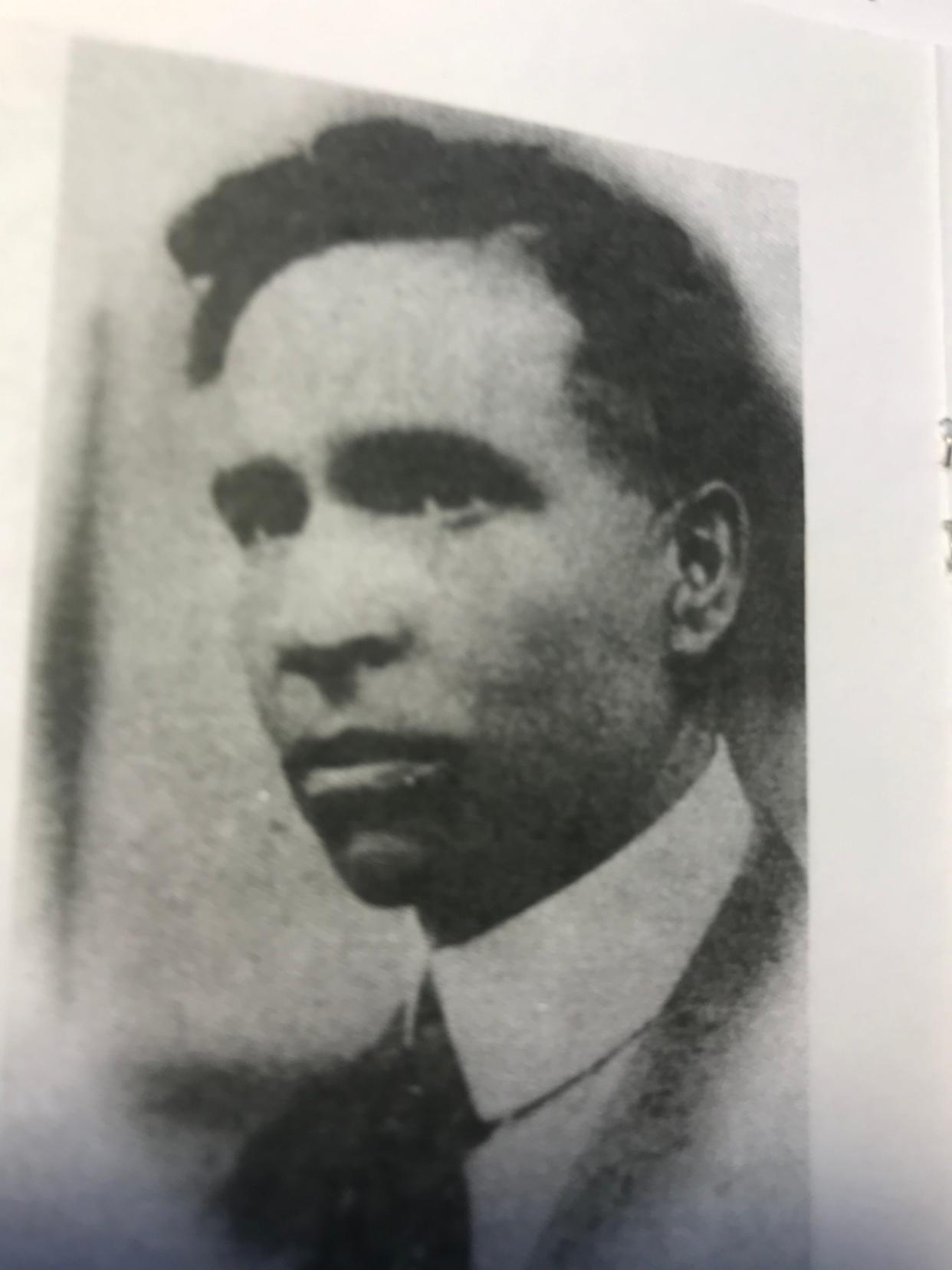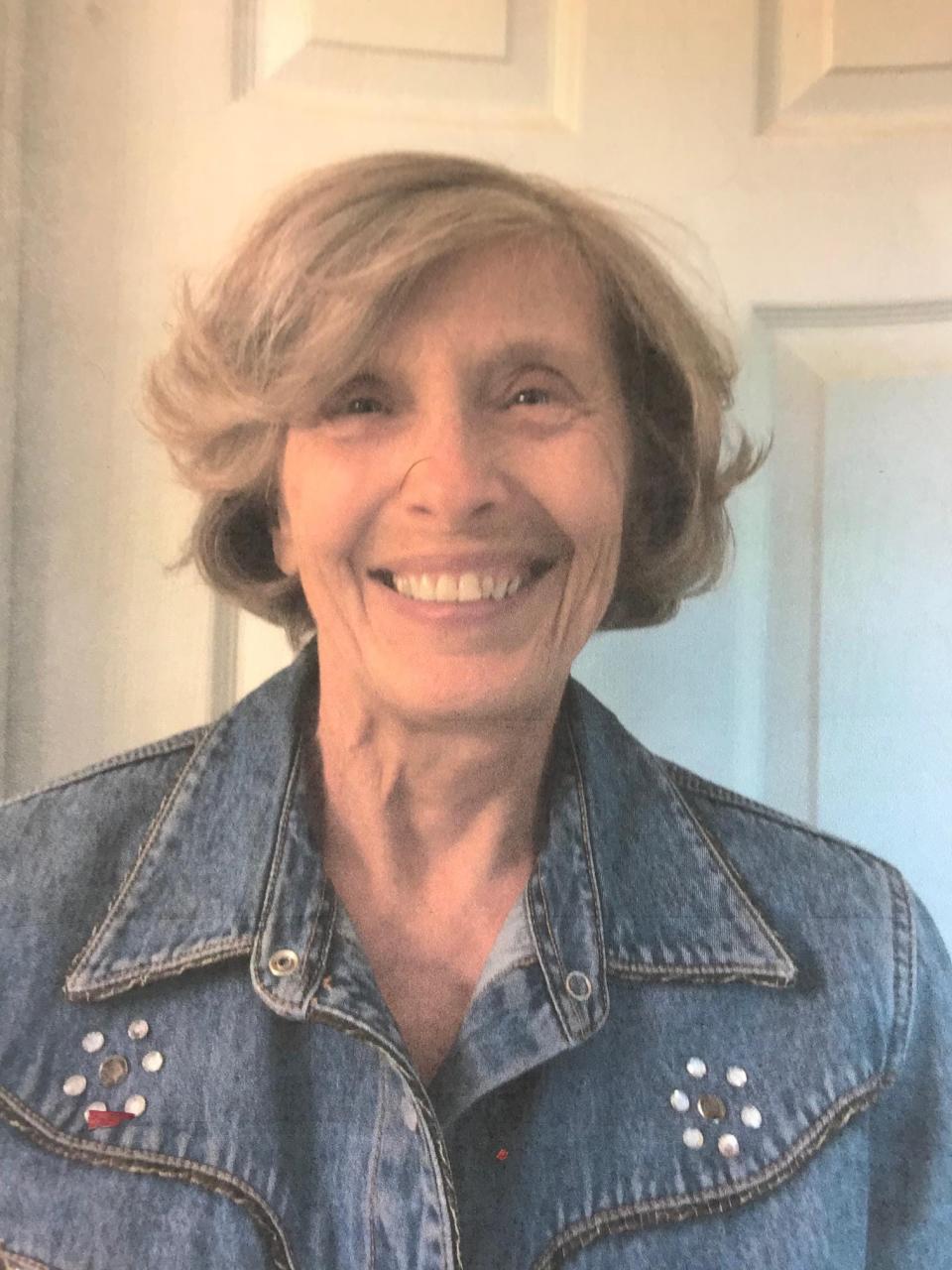Hoof Beats: How a horse sport changed a local family’s future

Towards the end of her life, Dorothy Bass Spann, a lifelong Black resident of Colorado Springs, wrote about her family’s history, including her own childhood living “in the shadow of a castle.” She was referring to Glen Eyrie, the mansion General William Jackson Palmer built for his “Queen,” Mary Lincoln Mellen.
Dorothy’s memoir, "Black Pioneers: A History of a Pioneer Family in Colorado Springs," tells how American Saddlebred horses were essential to her very existence. Her account is fascinating — especially when you take a second look at her family name. But Tom Bass, born a slave on a Missouri plantation six years before the Civil War broke out, was not Dorothy’s father. Her father was Jesse Bass, Tom’s brother, born in 1876.
Family lore says the two were full brothers, and that Tom and Angie, his school-teacher wife, raised Jesse. When Dorothy Bass married Raymond Spann, they named their second child Martha, who prefers her nickname, Marty. To put it another way, Jesse Bass’s granddaughter, Marty Poole, is alive and well, and lives right here in Pueblo.
Dorothy wrote that even as a child Jesse “helped” Tom train Saddlebred show horses at his barn in Mexico, Missouri. When Tom realized that Jesse wanted to become a trainer himself, he taught the boy one of the biggest secrets of his success: if a horse misbehaves, it’s because of something his trainer or rider did. Not the horse.
By 1895 Tom was already famous, having won at numerous Saddlebred shows in St. Louis, Kansas City, and Chicago with a handful of almost unbeatable horses. That year he sold a handsome five-gaited stallion, Forest King, to General Palmer. The General — Dorothy always called him that — was a Quaker who abhorred slavery so much he joined the Union Army during the Civil War. Tom shipped the horse by rail to Colorado Springs, attended by young Jesse, who fell in love with the beautiful mountain town and asked Tom to visit.
But Tom planned to show Miss Rex, one of his best horses, at the National Horse Show in Madison Square Garden. The only reason a Black man was allowed to compete was because Alfred Gwynne Vanderbilt, a lover of fine horses and the show’s president, made it happen. Miss Rex won all her classes, and she and Tom were invited to attend Queen Victoria’s Diamond Jubilee. Tom declined, fearing an ocean voyage would be too hard on his horses.
Then, Jesse — still in Colorado Springs — fell in love again, this time with Mozie Robinson, the beautiful young organist at the local Black church. When they married, the General, already impressed with Jesse’s skill, hired him to train his Saddlebreds and provided a house for the young couple. Dorothy, their first child, remembers her parents watching workers “unpack an entire roof of an English church from Coventry” for the castle Palmer was building for Queen.
But after giving him three daughters, Queen died of heart failure in 1894. Not long afterwards, on a trail ride, the General’s horse stumbled, and he fell off. The fall paralyzed him. Dorothy remembers overhearing Jesse telling his wife that the General rode “loose-legged”— instead of gripping with his thighs — over Colorado’s rocky, uneven terrain. “I warned him,” Jesse said again and again. “It (the accident) was so needless!”
After the General’s death, his daughters had no desire to keep Glen Eyrie and sold his horses to a local rancher, who hired Jesse to keep them in training. Mozie moved the family to a “big brown house” in Colorado that Jesse bought for them. But when the horses were sold again, Jesse had to choose: could he make a living training horses elsewhere? Or should he stay with his family and pursue another line of work?
In 1906, the first Western Stock Show was held in Denver, and Tom Bass brought horses to it. He finally had time to meet Jesse’s family. His gift to Dorothy was a ring and a gold bracelet engraved with the words “To Dorothy from Uncle Tom.”
The only local work Jesse had been able to find was cleaning spittoons. After seeing his brother again — and how successful he was — Jesse accepted a job training Saddlebreds on Long Island. But Mozie refused to move away from her family. Jesse went alone.
Jesse kept in touch with his family by letter, but as the years passed, it became clear that the marriage was over, although when Dorothy graduated from high school, Jesse traveled from Omaha, Nebraska, where he had his own training stable, to attend.
Mozie died in 1932, and Tom Bass died two years later. After Tom’s death, Jesse spent time with his remaining family, even arranging a tour of Glen Eyrie for them before returning to Nebraska. If he ever took his customers’ Saddlebreds to big shows like Denver’s Western Stock Show, or the American Royal — a show Tom started in Kansas City as a fund-raiser — there’s no way of documenting it. He apparently attended only local shows, and because none of his children were horse-crazy, the way he and Tom had been, they didn’t follow his career.
While his letters haven’t survived, Dorothy and her daughter Marty remember what they said. Jesse retired in southern California, and by 1958 was in a nursing home near Los Angeles. He died shortly afterwards. He’s buried next to Mozie in Fairview Cemetery in Colorado Springs.
In her memoir, Dorothy admitted that she thought her father was the better trainer of the two brothers, simply because he was her father. Her daughter, Marty Poole, moved from Colorado Springs to Pueblo with her husband Jim, where she spent the next 40 years as a kindergarten teacher.
As a child, Marty was given riding lessons, and she arranged for riding lessons for her two daughters, Heather and Stephanie, as well. But the horse-crazy gene apparently wore itself out with Tom and Jesse. Both men were highly talented, but Marty’s grandfather never received the international acclaim Tom did. Jesse’s friends did not include four U.S. presidents. Will Rogers did not speak at his funeral. Nobody wrote a book about him.
Neither of the brothers received full acknowledgement of their achievements. But Jesse’s family continues to celebrate his legacy: that of a skilled, hardworking Black horseman whose gifts allowed him to succeed in a very white, very segregated country.

Joan Fry is a lifelong horse lover and the author of “Backyard Horsekeeping: The Only Guide You’ Ever Need” (The Lyons Press, Revised Edition, 2007). She can be reached via email at joan@joanfry.com.
This article originally appeared on The Pueblo Chieftain: Hoof Beats: How a horse sport changed a local family’s future

